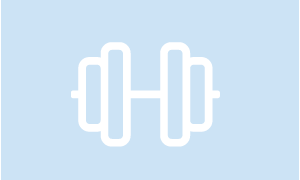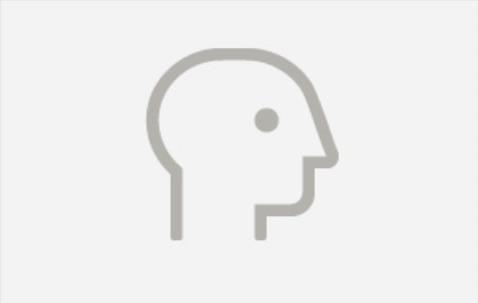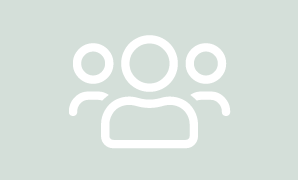Resources
Featured News
More NewsUpcoming Events
More EventsFebruary 21 2026
9:00 am-2:00 pm
School of Education
The annual Passion to Profession event hosted by the School of Education draws together current students, alumni, staff, and faculty to learn, celebrate, and support each other along rich and varied career paths. This year's theme, Pathways with Purpose, invites participants to explore how to connect (or reconnect) with their passion while building or evolving a meaningful professional career.
Free
February 24 2026
10:00 am-12:30 pm
This workshop is for people who want to learn this data analysis tool but have little or no experience in any programming languages. The first half of this three-hour workshop will focus on some basic concepts of coding, and the second half will have several hands-on activities to learn basic R skills, such as installing R packages, importing and exploring data.
Free









